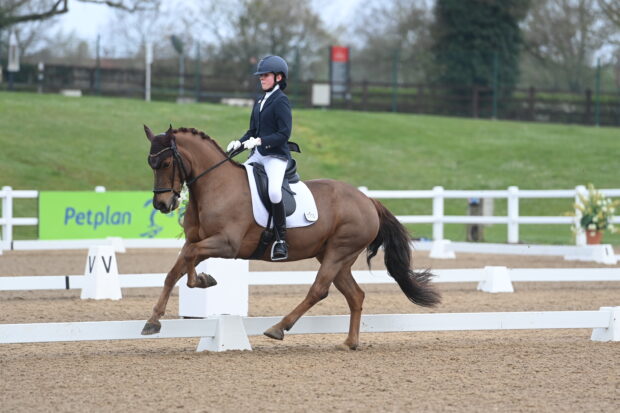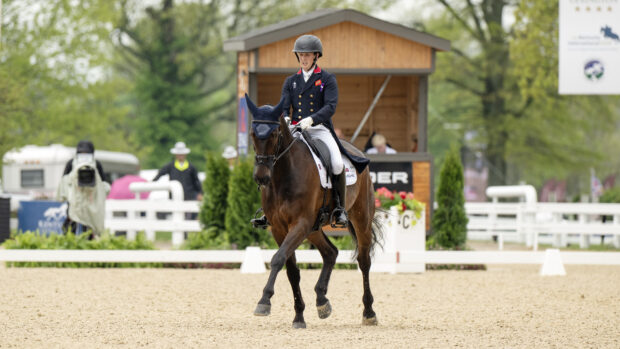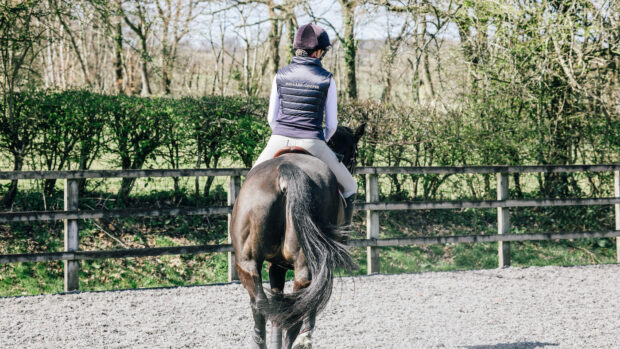Riders involved in horse falls will be asked to speak with the ground jury to help improve cross-country safety in future.
The FEI already collects a certain amount of data on falls; after any fall, the fence judge, technical delegate (TD) or other official will fill in a report form, which includes detailed questions about the circumstances.
These forms are submitted to the FEI, which collates and analyses data as part of its drive to make eventing safer.
But one part of the puzzle that has been missing, until now, is the requirement for the first-person account by the rider involved of what happened.
The FEI’s eventing committee and risk management steering group have now agreed that this should happen from 2024.
The news came as part of an FEI update on 10 November, which stated: “Following any horse fall on cross-country, a systematic interview/discussion will be held between the athlete and the ground jury (president or member) and/or the technical delegate.
“The aim is educational in order to better understand the circumstances and to learn for the future – horse falls are a serious risk factor in our sport and need to be minimised.
“The discussion is to be recorded in the judge and/or TD report (a section will be added in the reports).”
It follows debate at the FEI eventing risk management forum in Jardy in January (news, 9 February), where this was among the ideas on the table.
The Eventing Riders Association (ERA) has welcomed the decision as a “good initial step”.
“Horse falls are an unacceptable part of our sport in the public eye, and the total sport needs to take responsibility as to how those have happened,” ERA president Bruce Haskell told H&H.
“If the ground jury interviews the rider afterwards, it isn’t disciplinary action, it is simply the first step in understanding what has taken place and why that’s occurred.
“What’s not established yet is the process of how this happens. For example, the length of time after the fall, and whether third-party advice or independent people are involved.
“What we don’t want to happen is for this to be a finger-pointing exercise. We cannot have that. It’s a good step, it’s the initial step, but the process behind it needs to be fleshed out so that it is fair to the rider, and not part of a disciplinary procedure.”
- What do you think? Send your thoughts to hhletters@futurenet.com, including your name, nearest town and country, for a chance for your letter to appear in the magazine
You might also be interested in:
[collection name=”small”]Horse & Hound magazine, out every Thursday, is packed with all the latest news and reports, as well as interviews, specials, nostalgia, vet and training advice. Find how you can enjoy the magazine delivered to your door every week, plus options to upgrade your subscription to access our online service that brings you breaking news and reports as well as other benefits.




